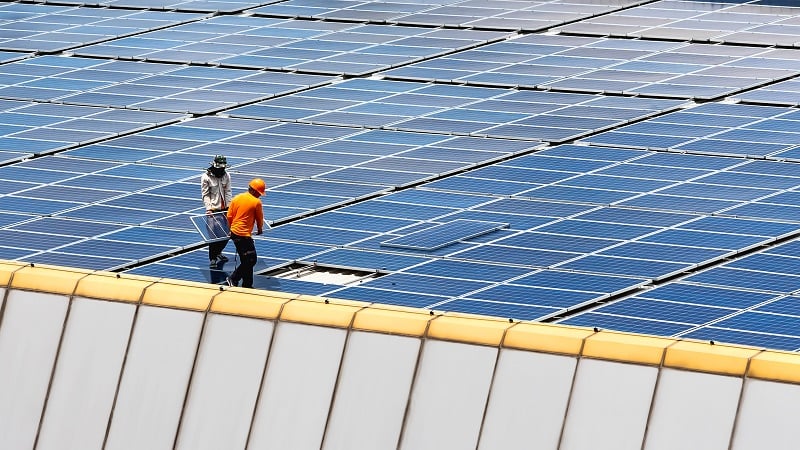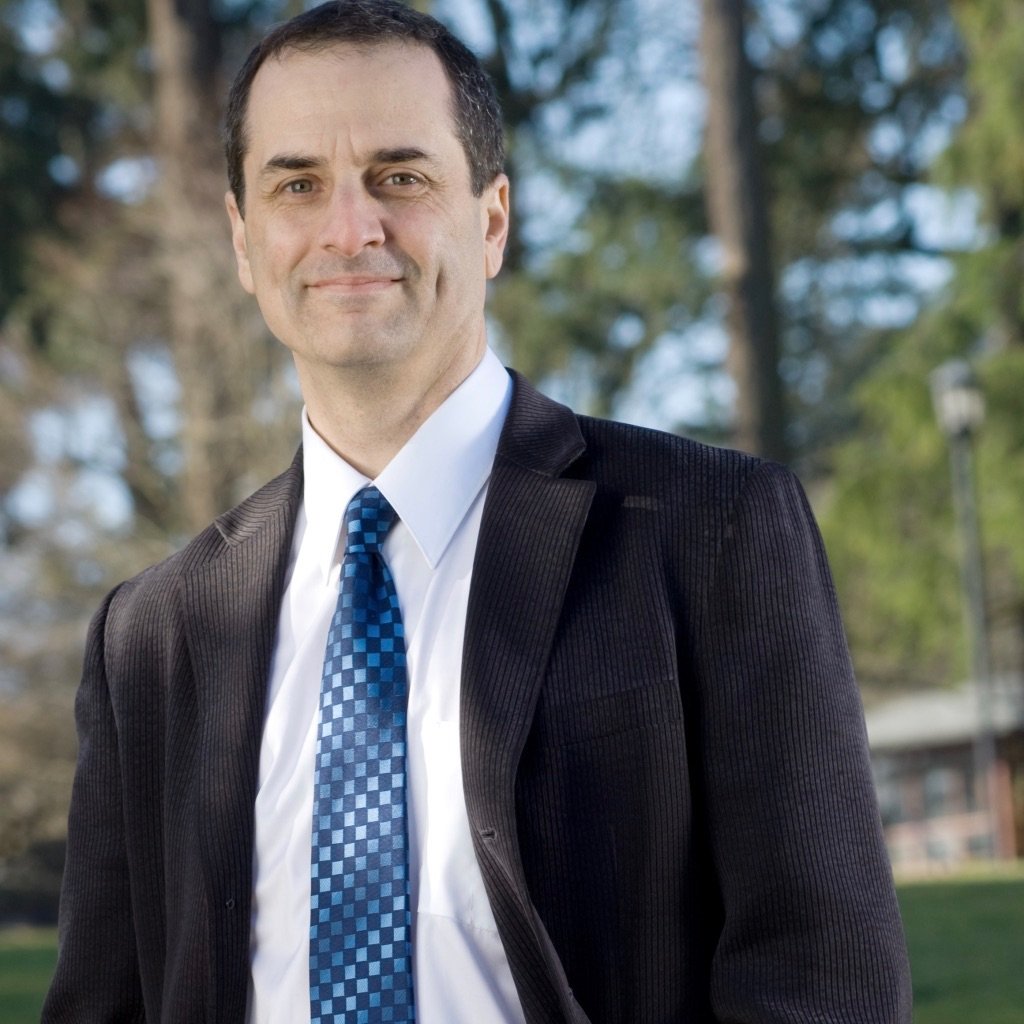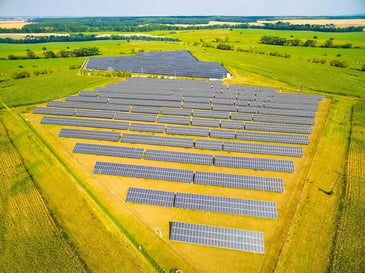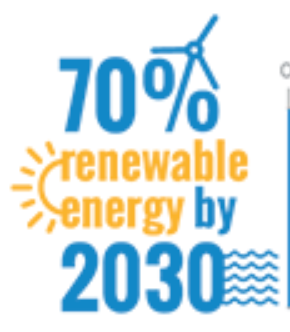Can Climate Change Be Reversed?

Back in 2018, climate experts set a critical deadline: limit warming to 1.5°C by 2030 to meet the goals of the Paris Agreement. Today, that window is rapidly closing — and many are beginning to question whether it was ever truly possible. In a provocative 2019 essay for The New Yorker, novelist Jonathan Franzen gave voice to that doubt, arguing that we should stop pretending and rather than clinging to false hope, we should confront the reality of what's already unfolding.
What Do The Experts Have to Say About Reversing Climate Change?
The Natural Resource Defense Council (NRDC) outlined nine options for humans to choose to solve climate change, including ending our reliance on fossil fuels and increasing our reliance on renewable energy. The EPA suggests the solution is tracking emissions, enforcing regulations, investing in clean infrastructure, advancing climate science, supporting local adaptation efforts, and partnering internationally to reduce global emissions.
NASA emphasizes that while human activities have already caused significant climate changes (understatement of the century), immediate and substantial actions to reduce greenhouse gas emissions can help mitigate the most severe future impacts. Without major emission reductions, global temperatures are projected to rise by 2.5°C to 4.5°C by 2100—yikes.
To address this, NASA advocates a two-pronged approach:
- Mitigation: Reducing or preventing the emission of greenhouse gases, such as by transitioning to renewable energy sources and enhancing energy efficiency.
- Adaptation: Adjusting to actual or expected climate changes, including implementing measures like constructing sea walls to protect against sea-level rise and developing drought-resistant crops.

Is There Any Hope for Climate Change?
In two previous posts, I showed where Franzen went wrong in his thinking. While limiting warming to 1.5 ° C is probably out of reach, staying below 2 ° C is not. Contrary to Franzen's argument, we are not doomed to enter a “runaway greenhouse effect” leading to a relentless upward spiral in temperature once we cross the 2 ° C threshold. And though 2°C of warming will pose serious challenges for people and ecosystems worldwide – it will not bring an end to human civilization.
The Antidote to Climate Despair—Clean Energy
This moment in particular is no time to give up on stabilizing the climate because in the past few years, the path to deliver 2 degrees Celsius (or less) has gotten cheap, and it is getting cheaper every day. The future is still bright for clean energy. Utility-scale solar is already crushing fossil fuel across the world. In competitive energy bids in Colorado, Idaho, and California, solar, wind, and storage bids are being submitted at half the price of natural gas.
According to the Business Council for Sustainable Energy's Sustainable Energy in America 2025 Factbook, in 2024, the United States installed 11.9 GW of battery energy storage across homes, businesses, and utility-scale projects. This is equivalent to nearly six Hoover Dams' worth of deployable energy.
Very soon, distributed solar plus batteries will start to destroy the basic business model underlying the centralized grid. At the Frankfurt Auto Show, Mercedes executives announced that they have designed the last gasoline-powered cars they will ever build. Add in driverless EVs—Lyft says that half of its rides will be driverless within ten years- and the disruptive market dynamics become even more powerful. Mad Money’s Jim Cramer—about as far from an environmentalist as you can get—wrote: “Oil's a goner. Natural gas is a goner. The oil complex is becoming un-investible before our very eyes.”
Rapid declines in renewable energy costs mean that the solar and the EV revolutions will soon be fully market-driven—likely by the mid-2030s. At that point, the policy challenge shifts from national mandates to local action: removing barriers at the state, city, and utility levels, and ensuring the transition is just and equitable. Even if some regions lag behind in the short term, global momentum—from cities like Beijing, Denver, and Sydney—will continue driving investment and innovation. Contrary to Franzen’s certainty that we’ll overshoot 2°C, we now have both the affordable technologies and viable business models to stay on track toward the Paris Agreement’s goals.
It Will Take Solar Dominance + Civic Action
Check out this video by Silicon Valley entrepreneur and Stanford Professor Tony Seba. The basic argument is that solar power, battery storage, and autonomous electric vehicles are on track to become so inexpensive and efficient that they’ll disrupt today’s energy and transportation systems—much like smartphones revolutionized communication, reaching 2.5 billion users in just a decade.
Yes, due to inertia and resistance from utilities and oil companies, the transition might take 20 or even 30 years. But how quickly it happens—and how much warming we ultimately face—depends on political engagement from people like us, especially at the state, city, and utility levels. One thing is clear: “solar dominance” is on the horizon. Just ask the CEO of Shell or analysts at McKinsey. If we stay focused and push for widespread environmental education and action, we still have a real chance to limit global heating to 2°C or less.
Will enough of us fight, or will we collectively accept defeat?
Find out why courage might be our most important climate tool.
Change minds. Change the rules. Change the game.
Explore Bard’s sustainability graduate programs and become the climate leader this moment demands.





